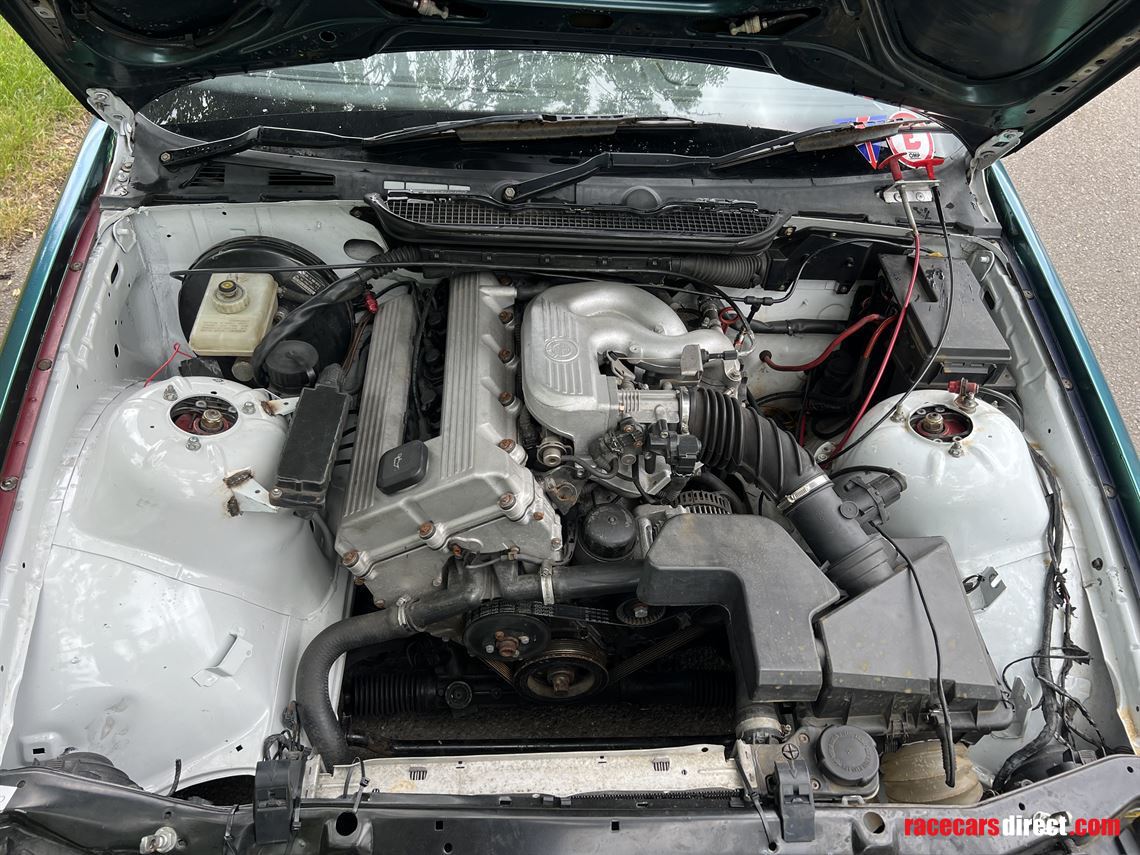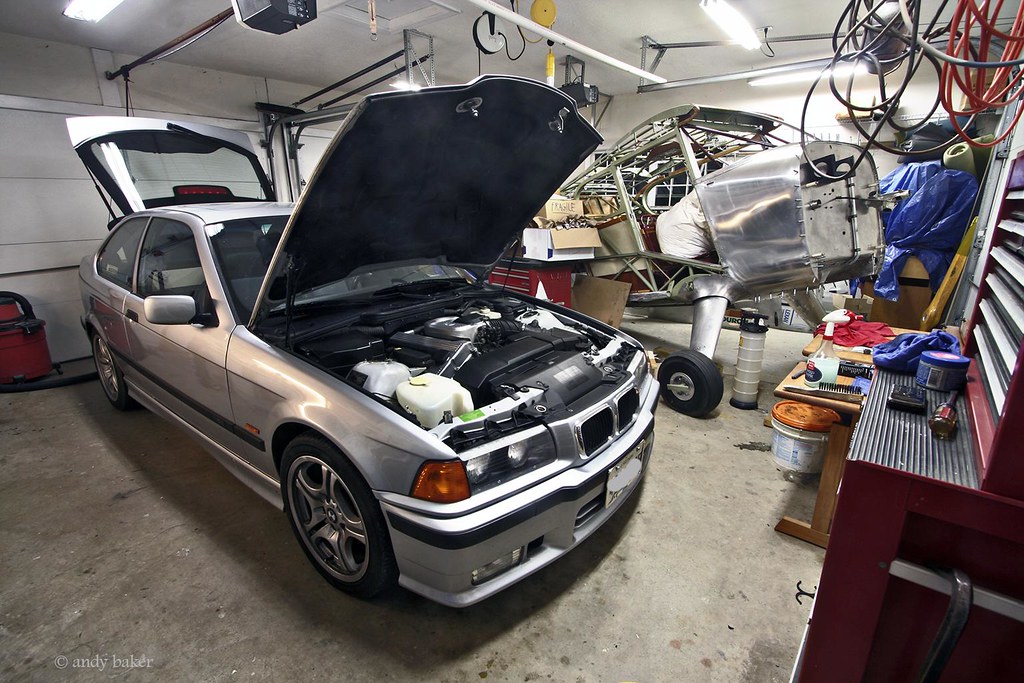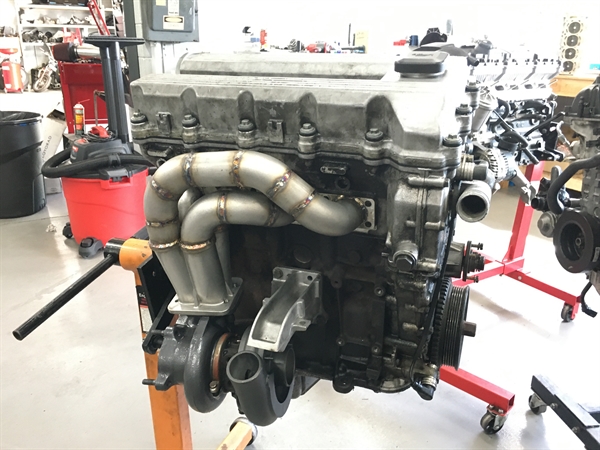Important Elements to Evaluate Prior To Acquiring an Engine for Optimum Capability
When taking into consideration the acquisition of an engine for optimal functionality, several crucial facets require extensive analysis to make certain a well-informed choice. From engine power and efficiency to fuel efficiency and maintenance factors to consider, each aspect plays a critical function in identifying the engine's viability for a particular application. Moreover, compatibility with existing car systems and offered warranty and support options can significantly impact the lasting performance and cost-effectiveness of the engine. A thorough evaluation of these vital elements is essential to assure the engine fulfills both existing and future functional needs.
Engine Power and Performance
When considering engine power and performance, it is important to review the certain requirements of the meant use to guarantee ideal performance and performance. The power outcome of an engine straight affects its efficiency capacities, impacting aspects such as acceleration, lugging ability, and general operational stamina. Comprehending the demands of the application is vital in establishing the right equilibrium of power and efficiency qualities.
Engine power is typically measured in systems such as horse power (hp) or kilowatts (kW), showing the amount of job the engine can carry out with time. Higher power scores normally cause far better acceleration and full throttle, making them appropriate for applications calling for fast responsiveness or sturdy jobs. It is important to match the engine's power result to the specific requirements of the intended usage to prevent inefficiencies or unneeded strain on the machinery.
Moreover, engine performance encompasses a variety of elements beyond simply power, including gas effectiveness, discharges control, and integrity - bmw 318ti. Assessing these aspects alongside power factors to consider is vital for making sure that the engine not just delivers the required toughness but also runs sustainably and durably in its intended environment
Fuel Performance and Intake
Thinking about the crucial function of engine performance in determining its viability for different applications, the evaluation of fuel efficiency and consumption ends up being vital in maximizing functional costs and ecological influence. Fuel efficiency refers to the engine's capability to transform fuel right into useful energy effectively.
When evaluating fuel consumption, it is necessary to analyze the engine's specific metrics, such as gallons of fuel consumed per hour or miles per gallon, relying on the application. Recognizing how much fuel an engine eats under various operating problems can aid anticipate long-term costs and strategy for effective fuel monitoring strategies.
Additionally, innovations in engine technology, such as crossbreed systems or fuel shot improvements, can substantially improve gas effectiveness and minimize consumption. Focusing on engines with superior gas efficiency and reduced usage rates can bring about considerable financial savings and advertise sustainability in different sectors.
Compatibility With Vehicle Equipments
Guaranteeing smooth integration and ideal performance, the compatibility of an engine with vehicle systems is a critical factor to evaluate before purchasing decision. The engine works as the heart of an automobile, and its capacity to function sympathetically with the various systems within the lorry is important for total performance.
Compatibility includes a series of aspects, consisting of electrical systems, transmission systems, and exhaust systems. An engine that is not suitable with these crucial components can lead to issues such as electrical malfunctions, ineffective power transfer, and boosted emissions.
Moreover, compatibility with onboard computer systems is essential for contemporary cars. The engine needs to have the ability to connect successfully with the car's computer to make sure correct performance tracking and diagnostics.

Maintenance and Long Life Factors To Consider

Longevity considerations also entail evaluating the engine's design, innovation, and compatibility with the vehicle to ensure optimal performance throughout its lifespan - bmw 318ti. Engines with advanced features like effective cooling systems, long lasting elements, and fuel-efficient styles have a tendency to have much better longevity and need less fixings. By prioritizing maintenance and picking an engine recognized for its durability, customers can make an educated choice that improves their vehicle's efficiency and overall driving experience
Service Warranty and Assistance Alternatives
Offered the vital function of maintenance and durability considerations in picking an engine, a sensible buyer should now focus on reviewing the readily available warranty and assistance alternatives. The service warranty offered with an engine can differ considerably between makers and models.
In enhancement to the warranty, examining the support alternatives available is important. Assistance services can linked here vary from technical assistance hotlines to check my source on-site upkeep and repair work services. A strong support group can substantially decrease downtime in case of engine failure or problems, inevitably saving time and cash. Purchasers need to ask about the accessibility of extra parts, authorized service facilities, and the responsiveness of the assistance group.

Conclusion
In final thought, when buying an engine, it is crucial to assess its power, gas effectiveness, compatibility with car systems, maintenance demands, long life, and guarantee alternatives. These crucial aspects play a significant function in identifying the ideal functionality of the engine. By meticulously considering these factors, purchasers can make sure that they are purchasing an engine that meets their needs and provides dependable performance over time.
From engine power and efficiency to fuel performance and upkeep factors to consider, each aspect plays an essential duty in identifying the engine's viability for a certain application.Engine power is typically gauged in units such as horse power (hp) or kilowatts (kW), indicating the amount of job the engine can carry out over time.Taking into consideration the essential role of engine performance in establishing its viability for various applications, the evaluation of fuel efficiency and intake comes to be extremely important in optimizing operational expenses and ecological effect. Gas efficiency refers to the engine's capacity to convert gas right into functional power successfully. Furthermore, thinking about the quality of products and building of the engine is crucial as it can directly influence toughness and how well the engine endures wear and tear over time.